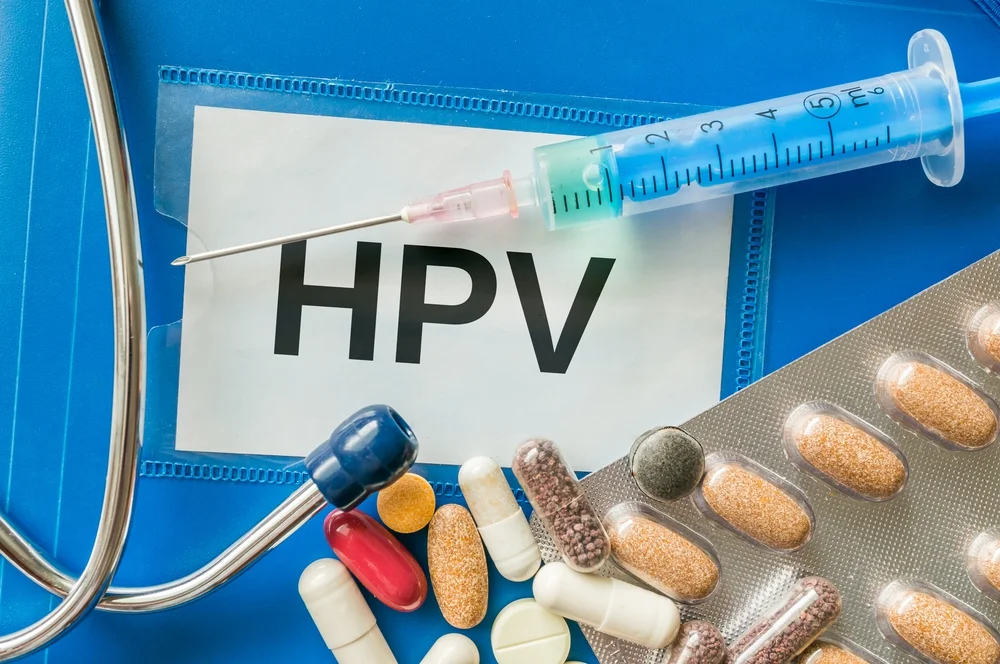Copyright news18

Over the past few years, oncologists have observed a disturbing trend, cancers are increasingly being diagnosed in younger adults, particularly those in their late 20s to early 40s. Traditionally regarded as a disease of older age, cancer is now emerging as a major health challenge for younger populations, especially in the case of breast, colon, and uterine cancers. This shift points to a complex interplay of genetic, lifestyle, and environmental factors that are altering disease patterns in modern society. Dr. Archit Pandit, Director, Surgical Oncology, Fortis Okhla, shares all you need to know. One of the most striking contributors to this shift is lifestyle change. The younger generation today lives in a fast-paced, high-stress environment. Chronic mental stress, irregular sleep cycles, and excessive screen time have become hallmarks of urban living. Added to this are sedentary habits: minimal physical activity, fewer outdoor engagements, and long hours spent sitting at desks or in front of devices, all of which are known to negatively affect metabolism and immunity. Dietary habits have undergone an equally dramatic transformation. Diets once dominated by home-cooked meals rich in fibre, vegetables, and whole grains have increasingly been replaced by processed, calorie-dense, low-fibre foods. The excessive consumption of refined sugar, red meat, and preserved foods has been linked with early-onset gastrointestinal and metabolic cancers. These changes, coupled with declining physical activity, have contributed to a global surge in obesity, which often begins as early as adolescence. Obesity is not merely a cosmetic concern; it triggers hormonal and inflammatory imbalances that can create a favourable environment for tumour development. In women, hormonal health has emerged as a critical factor. Early puberty, delayed motherhood, and conditions like polycystic ovarian syndrome (PCOS), often linked to lifestyle and dietary habits are associated with hormonal fluctuations that elevate the risk of breast and endometrial cancers. Environmental exposure to endocrine-disrupting chemicals, found in plastics, cosmetics, and packaged foods, further complicates this risk by altering hormonal balance and cellular regulation. While genetics still play a role in cancer susceptibility, it is increasingly clear that gene–environment interaction is accelerating disease onset. Individuals carrying genetic mutations are developing cancers at younger ages than previous generations, primarily due to the activation of these genes by lifestyle and environmental factors. The encouraging aspect of this otherwise concerning trend is that many of these risks are modifiable. Public awareness needs to shift towards recognizing that beyond tobacco and alcohol, lifestyle choices are now among the most significant cancer risk factors. Simple yet consistent efforts maintaining a balanced diet, exercising regularly, managing stress, getting adequate sleep, and minimizing exposure to harmful chemicals can dramatically reduce one’s lifetime cancer risk. In conclusion, while medical advancements continue to improve cancer detection and treatment, prevention remains the most powerful tool. Addressing the lifestyle factors contributing to early-onset cancers is crucial. The need of the hour is to foster awareness, encourage screening at younger ages, and promote healthier living practices to safeguard future generations from a preventable rise in cancer incidence.



